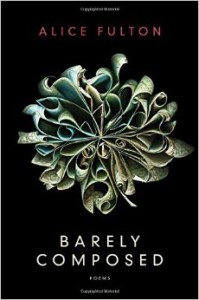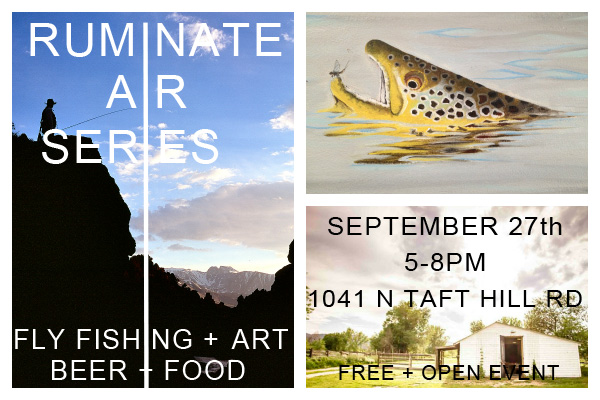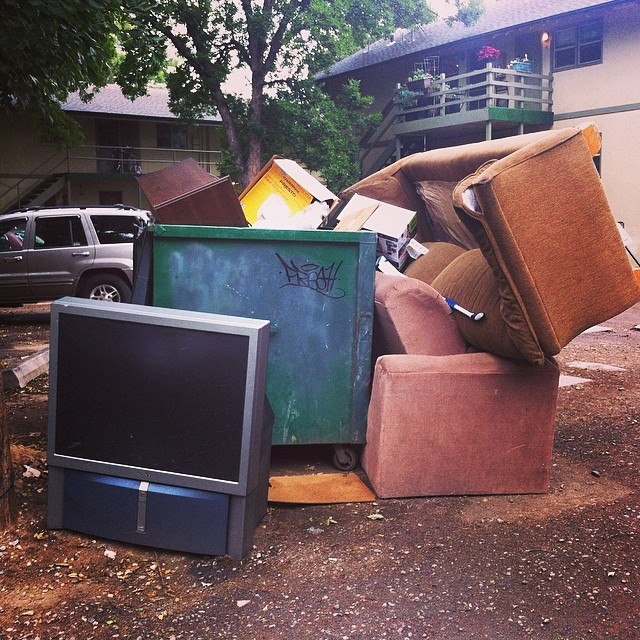I’m happy to have a new batch of poems in the print edition of Colorado Review (Spring 2025), edited by Matthew Cooperman. “Threat Multiplier,” “Cause,” “Inc.” and “Indicator Species” are from a manuscript in progress called “Threat Multiplier.” Threat Multiplier is a militaristic term that denotes how climate change creates additional vulnerabilities and augments “security risks.” This set of poems deconstructs that framework and examines the daily, historic, systemic threats that contribute to harming the people, places, and creatures made vulnerable through the extractive practices that preceded and produced climate change.
A preview below. Buy the issue at Colorado Review.
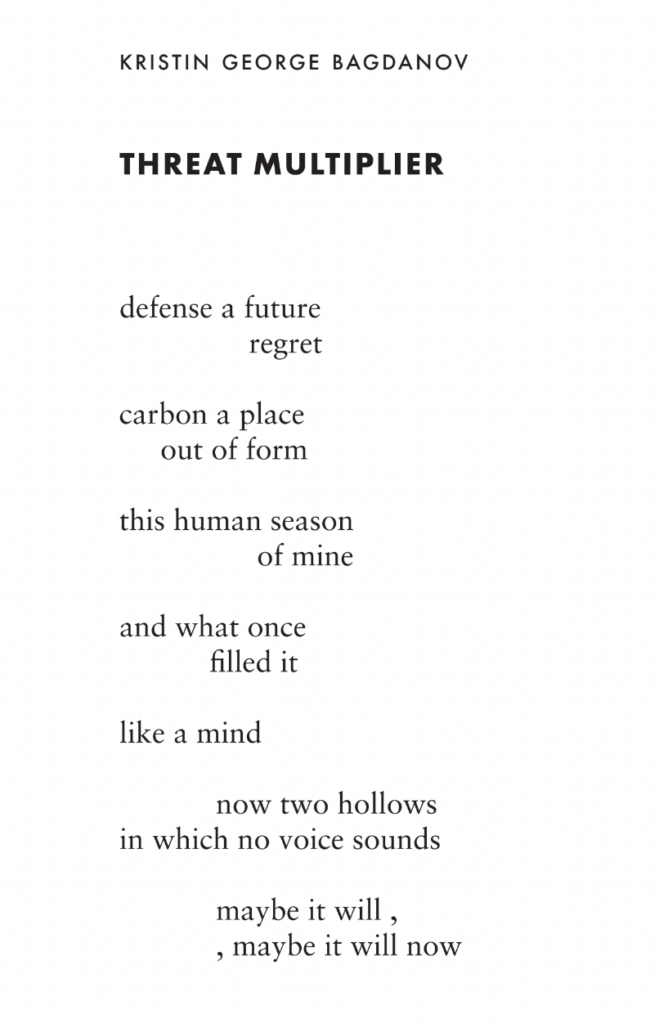
 I’m thrilled to have poems in the winter / spring issues of
I’m thrilled to have poems in the winter / spring issues of 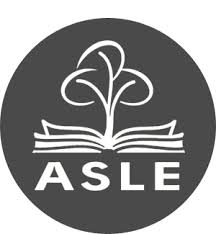
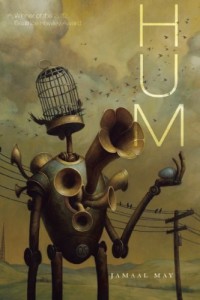 Read my review of Jamaal May’s Hum over at
Read my review of Jamaal May’s Hum over at 